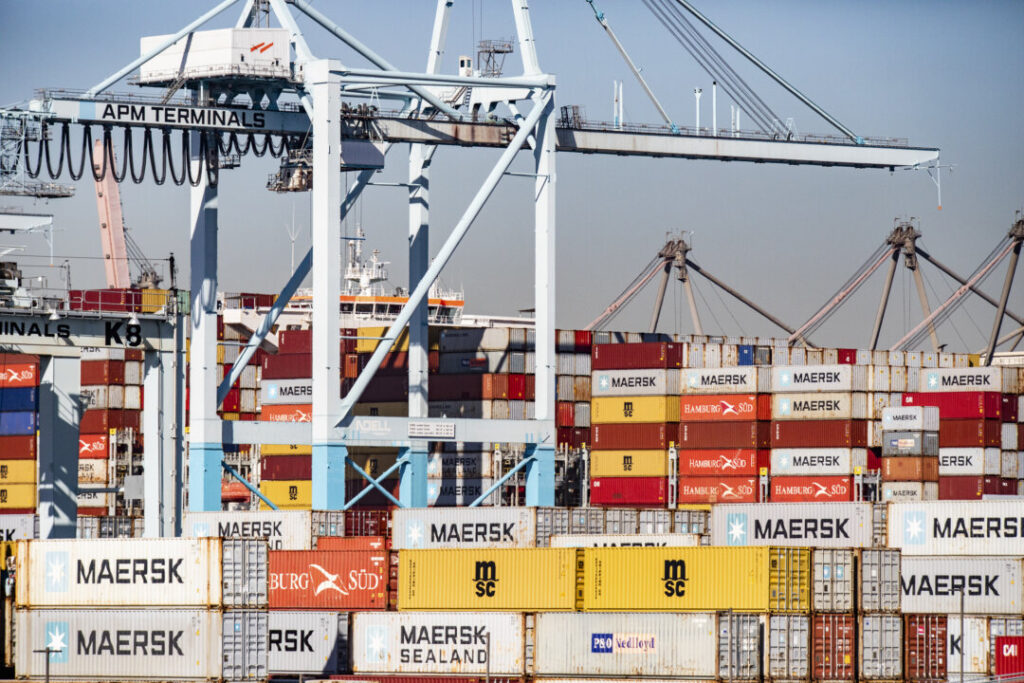Farrell responds to Navarro’s criticism and highlights Australia’s compliance with US trade regulations in the aluminum conflict.
Australia’s Trade Minister Don Farrell rejected the allegations that Australia’s aluminum exports were harming the US market, saying that exports had increased with full approval from the US government.
“I don’t think we’re[killing the US aluminum market],” he told ABC Radio on Feb. 13.
“We are confident that we are complying with all the obligations that the US places on businesses that supply the US, and whether it’s beef or lamb, grain or steel, aluminum. I would absolutely be sure Australian businesses are complying with all their obligations with regard to reporting to the US,” he added.
The column continues to exempt aluminum and steel tariffs from the Trump administration’s new 25% tariffs, based on the fact that Australia is one of the few countries where the US has trade surplus. It arises amid ongoing debate over the debate.
Navarro’s comments were based on the claim that Australia ignored previous oral agreements made during the Trump administration to limit aluminum exports after being granted tariff exemption in 2018.
Farrell denied recognition of such an agreement under the Albanese government, which took office in 2022, and reiterated that Australia has complied with all US government regulations regarding the export of aluminum and steel.
The Trade Minister revealed that the increase in Australia’s aluminum exports was not only approved by the previous US administration, but also in line with the country’s changing economic situation.
He pointed out that it supplies the disruption caused by the war in Ukraine, particularly the impact on Russian exports, leading to an increase in Australia’s demand for aluminum.
“At any stage, we’re not doing anything that the US government isn’t satisfied with,” Farrell said.
Illogical tariffs: Farrell
Farrell also said that imposing tariffs on Australia is economically illogical given the long-standing trade surplus between the US and Australia, with steel and aluminum representing a small percentage of US total imports. He insisted that there was.
“To explain, the total two-way trade between Australia and the US is around $100 billion, of which $70 billion is products purchased from the US, and $30 billion is sold to the US. And of course Part of that is the steel and aluminum we’ve been talking about,” he said.
Farrell’s remarks highlight trade imbalances and suggest that Australian tariffs could have negative economic consequences for the United States.
US Department of Commerce figures show Australia ranks eighth among the largest exporters of aluminum to the US, far behind large trading partners such as Canada and China. It’s been done.
Liberal Home Affairs spokesman Sen. James Patterson also downplayed the impact, saying Australia is “a very small steel and aluminum importer for the United States compared to other trading partners,” according to Australia. It is strengthening that it has not been harmed by the US market.
The Prime Minister’s diplomatic efforts
The tariff dispute comes at a critical time for Australian Prime Minister Anthony Albanese, who recently had a conversation with President Trump.
Albanese described the debate as “constructive and warm,” adding that Trump agreed that the exemption was “under consideration in the interests of both countries.”
Albanese also pointed to a surplus of the permanent US-Australia trade surplus, which has remained largely stable since the 1950s, with Australian steel and aluminum exports making up only a small portion of our imports. I repeated this.
Opposition leader Peter Dutton has expressed support for the government’s efforts to secure the exemption, indicating that tariffs could undermine U.S.-Australian relations.
“I think it’s very important to hear that the US and the Trump administration have a bipartisan position in relation to the Prime Minister’s call to remove this tariff from our dear allies very close to the US.” He said.



